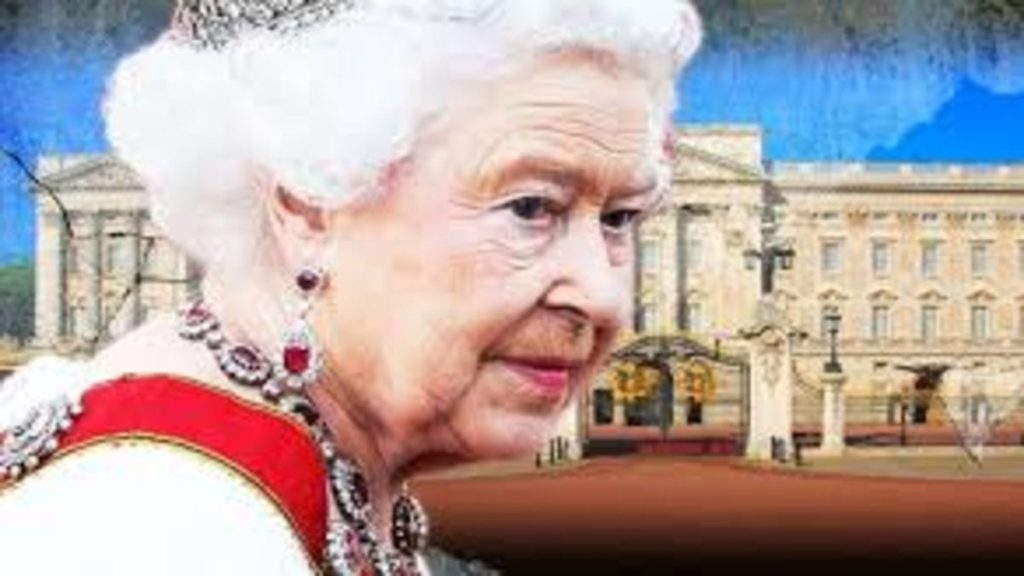Nikolay Kalinin analyses the results of a YouGov poll that came out in favour of a republic and elected head of state
Breaking away from the traditionalist views of their predecessors, the youth of today in Britain recently proclaimed support for the abolition of the monarchy and the establishment of an elected head of state, a YouGov poll has found.
According to YouGov, which conducted its survey between 2019 and 2021, more than four in ten 18 – 24 year olds surveyed supported removing the monarch and replacing it with an elected representative. Meanwhile, 31% of 18 – 24 year olds were found to still support the monarchy, a 15-point decline from 2019.
Another key headline was that general support for an elected head of state rose over the past two years, from 26% in 2019 to 41% in 2021.
These results come after two years of controversies surrounding the royal family, including Prince Andrew’s juggernaut wreck of an interview on the BBC’s Newsnight regarding his friendship with pedophile Jeffrey Epstein, and the Duke and Duchess of Sussex’s interview on CBS.
Nevertheless, backing for the royal family itself actually remains high – three in five support the Queen and her heirs – especially amongst the older age groups. Seven in ten people between the ages of 50 – 64 were found to still be in favour of the monarchy, whilst of people aged 65 plus, that number rose to 8 out of 10.
The results of this poll to me are not surprising. Many young people don’t like the idea of a monarchy and its disconnect from the rest of the population in general. Many also resent spending millions to sustain their palaces whilst more and more people become homeless in the UK every year.
We also have to remember that the government is planning on spending £200 million of taxpayers’ money – which could have been used to fund the NHS or to build more police stations – on a massive yacht named after the late Duke of Edinburgh. I join those questioning how that yacht will benefit the British public.
To young people, the monarchy is a reminder of an age when society was more backward, and to them there is also no need for a sovereign ruler whose very existence undermines the principle of democracy. Young people are also more likely to be critical of what they see as the cult-like attitude of the media towards the monarchy, even having ‘royal correspondents’ who report on their affairs. To them, it’s all so unnecessary and out of place in the 21st century.
Opposition to the monarchy is not leaderless; the pressure group Republic has risen to prominence in the recent years and currently has around 80,000 supporters in the country. Responding to the poll results, the organisation’s CEO Graham Smith stated: “Support for the monarchy has been sustained by the Queen’s long reign. The automatic succession of King Charles will dramatically alter the debate and public attitudes, putting the monarchy on collision course with modern British values. This latest poll is another reminder of the urgent need for a serious, honest and grown up debate about the future of the monarchy and the democratic alternative.”
Still, just as the Martin Bashir scandal and the intense hatred of the British public for ‘MeGain’ rumbles on, the royal family continues to enjoy popularity amongst the older traditionalist crowd. This comes especially as the Queen herself has reportedly been “deeply upset” by Prince Harry’s comments on his upbringing in a “cycle of suffering,” which he revealed on his new Apple TV+ series with Oprah Winfrey.
Inevitably, however, the older generation is going to die out, and the increasing republican and younger members of society will become more outspoken. There is even a parliamentary petition with almost 7,000 signatures calling for a referendum on the abolition of the monarchy, though it still needs to reach 10,000 signatures before a government response is even orchestrated.
This dissatisfaction with the monarchy can be easily reflected in Nick Abbott’s radio episode on LBC on 21st May, in which he commented on the negative response to Prince Harry’s comments by stating: “It’s as if though we’re obsessed with time not advancing, and Brexit is a lot like that. We just want to regain some imagined past, some Disneyfication of the nation.”
